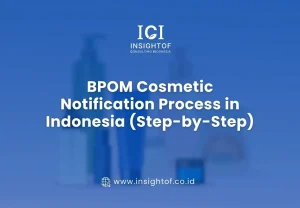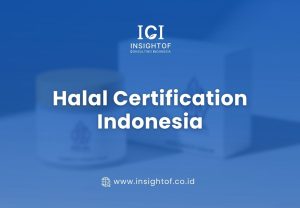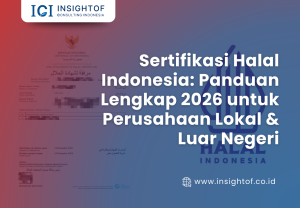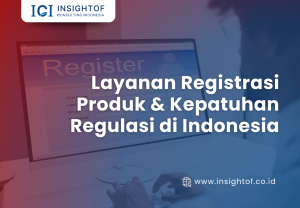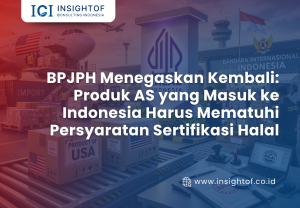Halal certification in Indonesia is a mandatory requirement for businesses that produce, import, or distribute products consumed by the public, including food, drinks, cosmetics, pharmaceuticals, and medical devices. With Indonesia being the largest Muslim-majority country in the world, halal assurance is not only a matter of compliance but also a key driver for market trust and competitiveness.
In this guide, we’ll walk you through the halal certification process in Indonesia, its legal framework, specific requirements for various product categories, and how your business can obtain certification smoothly.
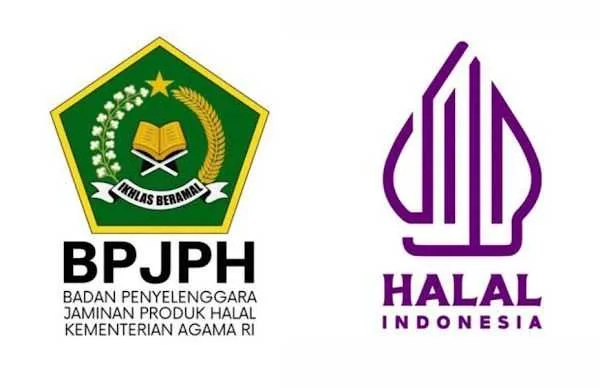
Why Halal Certification Matters in Indonesia
- Legal Obligation – According to Law No. 33 of 2014 on Halal Product Assurance (amended by Law No. 6 of 2023), all products circulating in Indonesia must be halal certified, unless they contain prohibited (haram) materials.
- Market Access – A halal certificate ensures that your products can be distributed widely across Indonesia’s consumer market.
- Consumer Trust – Displaying the halal logo reassures Muslim consumers that your products meet Islamic requirements.
- Global Recognition – Indonesia’s halal certification is increasingly recognized internationally, strengthening export opportunities.
Products That Require Halal Certification
Based on BPJPH (Badan Penyelenggara Jaminan Produk Halal) and the Ministry of Religious Affairs Decree, halal certification is mandatory for:
- Food & Beverages – restaurants, catering services, packaged food, street vendors, and processed foods.
- Drinks – bottled water, juices, soft drinks, and other processed beverages.
- Cosmetics & Personal Care – skincare, makeup, hair products, and body care items.

- Medical Devices – certain devices that involve consumables, coatings, or ingredients requiring halal assurance.

- Pharmaceuticals & Supplements – including vitamins, traditional medicines, and biotech products.
⚠️ Note: Imported products must also be registered if they are sold in Indonesia.
Halal Certification Process in Indonesia (Step-by-Step)
The certification process involves several institutions: BPJPH (Halal Product Assurance Agency), LPH (Halal Inspection Bodies), and MUI (Indonesian Ulema Council) for fatwa issuance.
1. Application Submission
- Businesses register through the SIHALAL system (BPJPH’s official platform).
- Required documents: business license (NIB), product details, ingredient list, production process flow, and Halal Product Assurance System (SJPH) manual.
2. Document Verification
- BPJPH and LPH verify the completeness and accuracy of the documents.
3. Payment
- Issuance of invoice and payment of halal certification service fees.
4. Receipt of Application (STTD)
- Business receives a receipt letter confirming that the application is in process.
5. Halal Audit
- Conducted by LPH (Halal Inspection Body).
- Covers raw materials, production process, storage, packaging, and distribution.
6. Fatwa Session (MUI or Halal Fatwa Committee)
- MUI reviews the audit results and issues a halal determination.
7. Certificate Issuance
- BPJPH issues the Halal Certificate (usually within 1 working day after MUI’s decision).
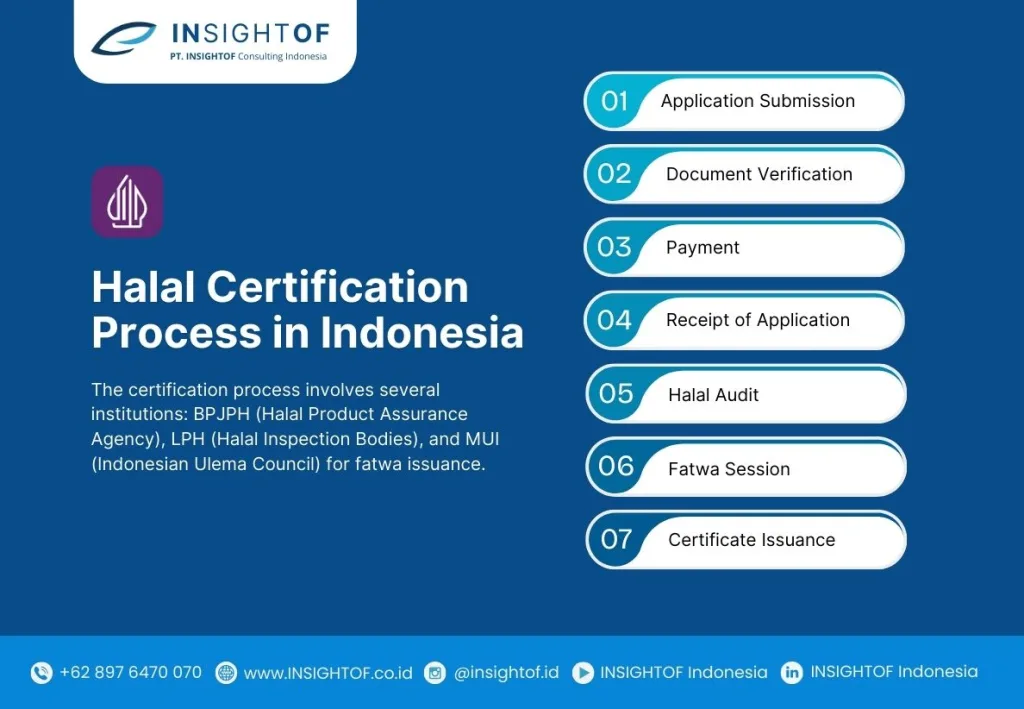
Validity of the Halal Certificate
Unlike some certifications that require renewal, Indonesia’s halal certificate remains valid indefinitely as long as there is no change in composition or production process.
- If raw materials or production methods change, businesses are required to renew their halal certificate.
Routes to Obtain Halal Certification
There are two main routes depending on the size and type of business:
- Self-Declare Route (Micro & Small Enterprises)
- Businesses can declare their products halal by fulfilling SJPH criteria.
- Requires a Halal Supervisor and simplified documentation.
- Regular Route (Medium & Large Enterprises, or MSMEs with resources)
- Full halal audit by LPH.
- Mandatory fatwa session by MUI.
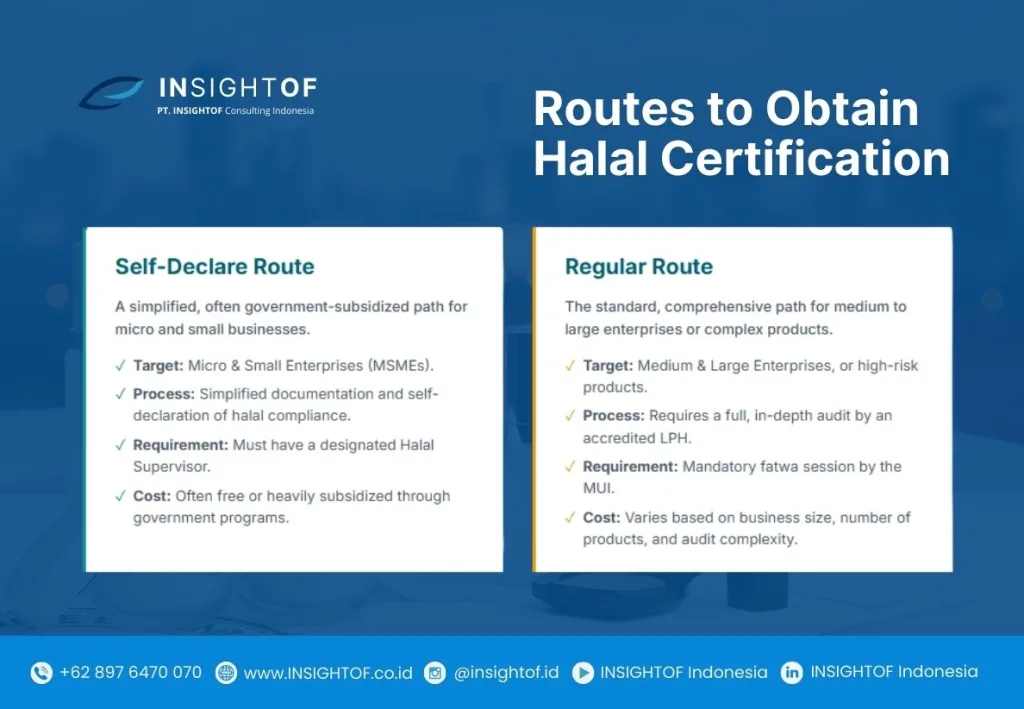
Costs of Halal Certification
Certification fees vary depending on:
- Business size (micro, small, medium, or large).
- Number of products being certified.
- Inspection and testing needs.
Micro and small enterprises often benefit from government subsidies or reduced fees under BPJPH regulations.
Benefits of Halal Certification for Businesses
- Boosts consumer confidence in food, drinks, cosmetics, and healthcare products.
- Expands market access in Indonesia and Muslim-majority countries.
- Improves brand reputation by aligning with Islamic values.
- Prevents legal penalties for non-compliance with Indonesian halal law.
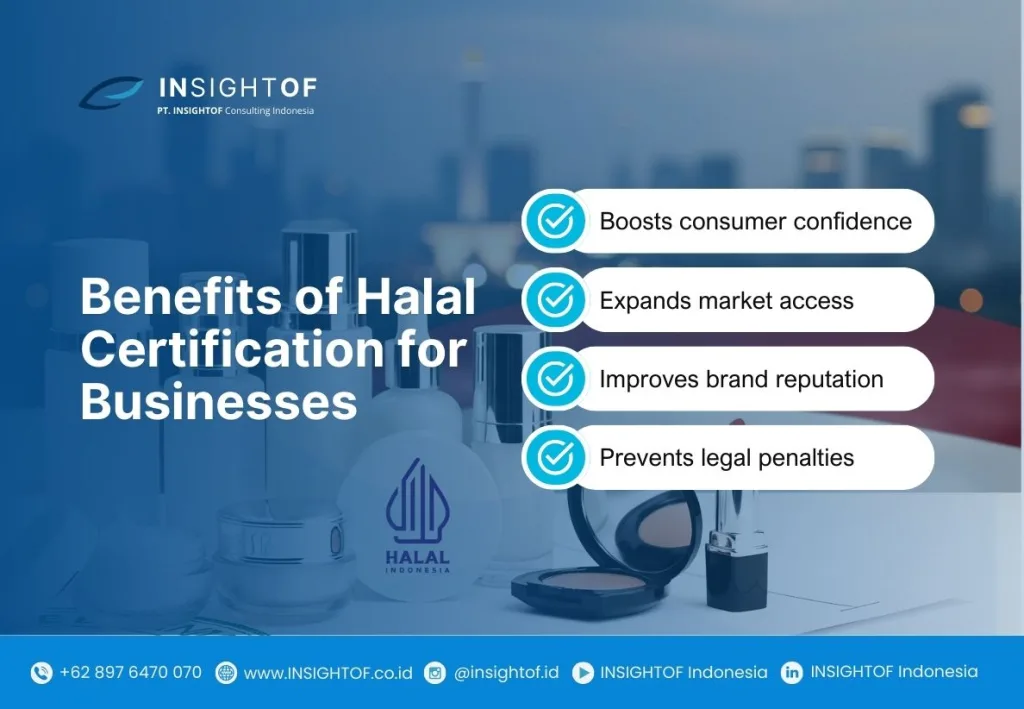
How to Get Started
If you are a food, beverage, cosmetics, or medical device business in Indonesia, here’s how to begin:
- Prepare your business license (NIB), product list, and ingredient documentation.
- Develop and implement the Halal Product Assurance System (SJPH).
- Register through SIHALAL online system.
- Choose a Halal Inspection Body (LPH) for your audit.
- Follow through with the MUI fatwa hearing and certification issuance.

Conclusion
Halal certification in Indonesia is more than just a legal formality—it’s a strategic advantage for businesses in food, drinks, cosmetics, and medical devices. By ensuring compliance with BPJPH and MUI guidelines, your products will not only meet Indonesian standards but also gain credibility in global markets.
If you’re planning to export cosmetics, medical devices, or food and beverages to Indonesia, starting your halal certification process early is crucial to avoid delays in distribution.
Do you need assistance registering your product in Indonesia?
Contact us today to start your registration process.
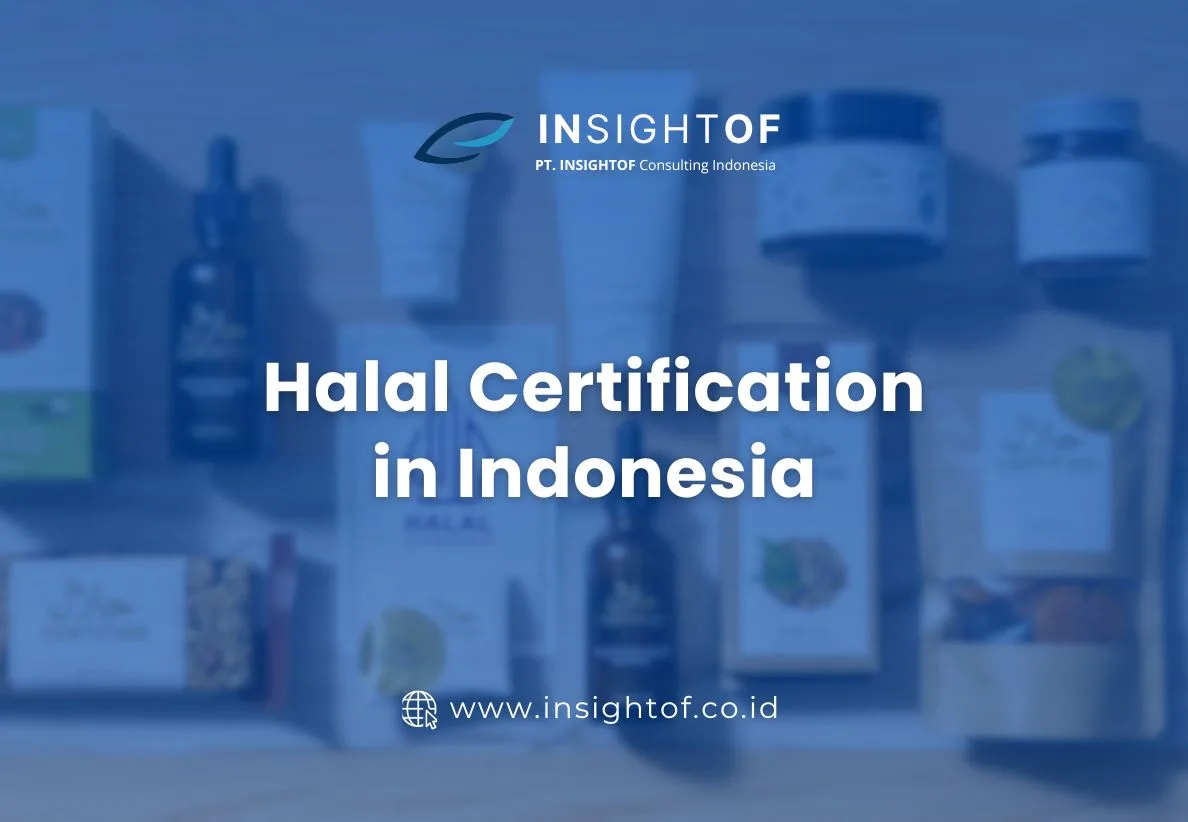

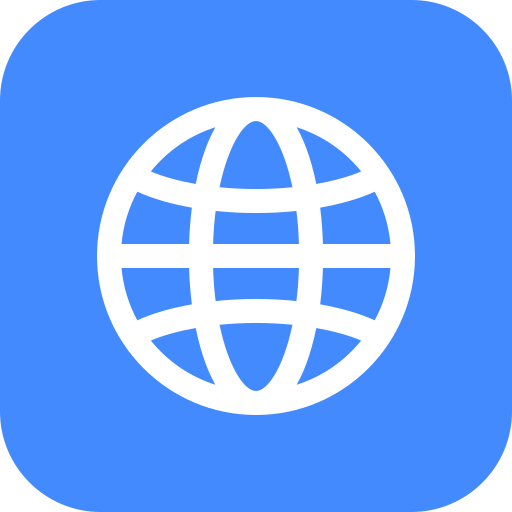
.svg/240px-YouTube_social_red_squircle_(2017).svg.png)
